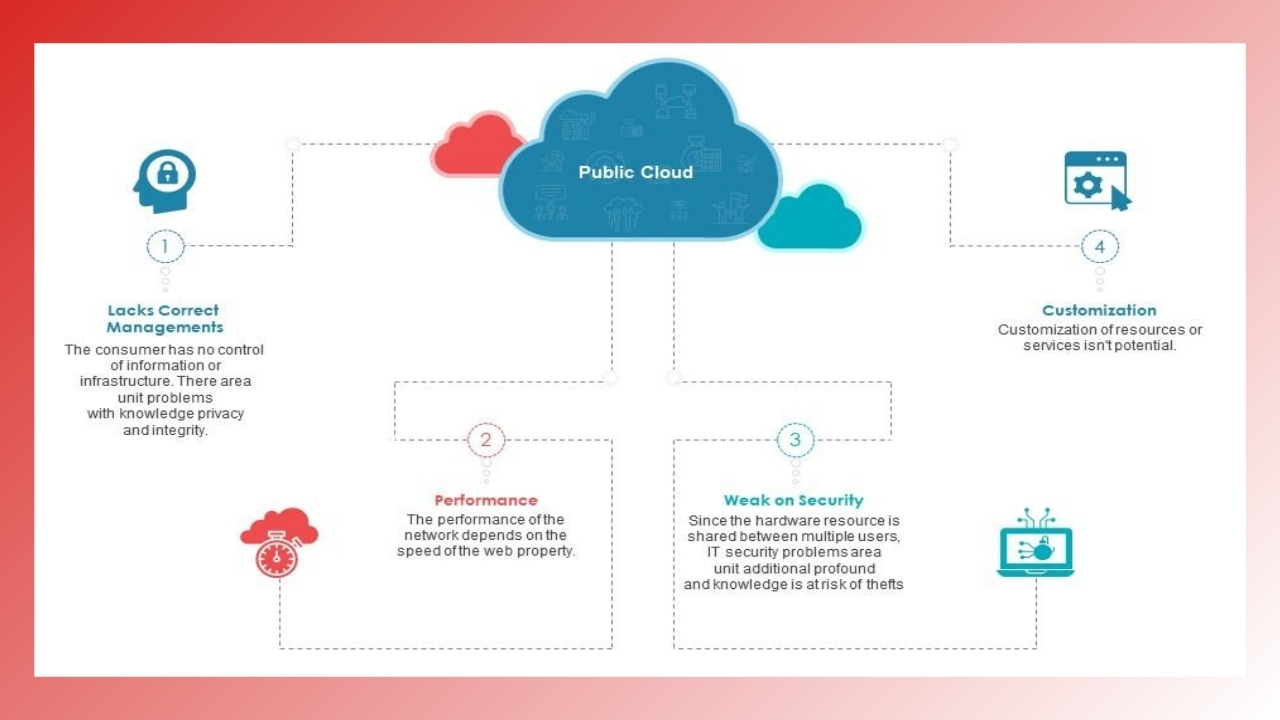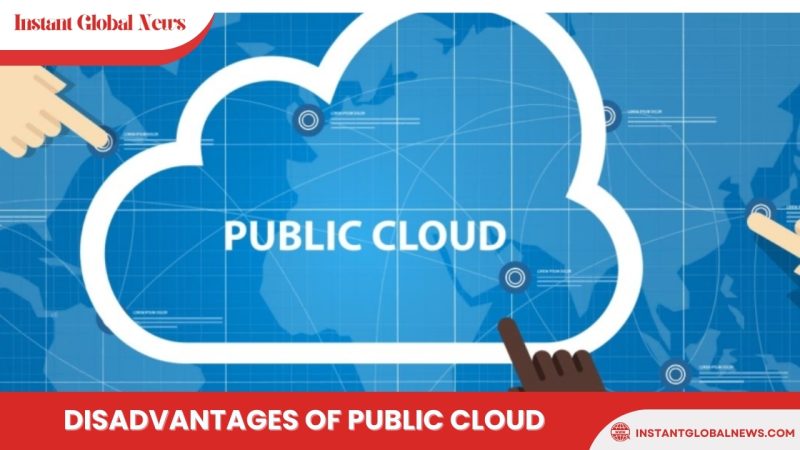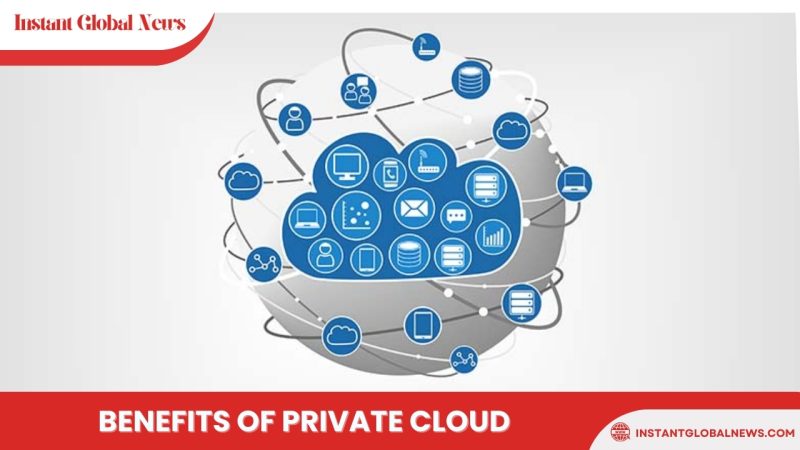There are three main types of cloud-based services you can purchase when your business needs greater computing power. The type of cloud available include the public cloud environment, private cloud, and hybrid cloud. These various cloud services provide the infrastructure a business needs to conduct its daily operations, be that programming, networking, word processing, or webpage building. The service provider takes care of data center issues and cloud storage so you can focus on getting work done and not managing a vast IT network of interconnected devices. Cloud-based solutions each have different components, advantages and disadvantages.
A public cloud model is one of the most common options out there and is used by most people who surf the web on a daily basis. As mentioned earlier, hosted email is an example of a public cloud environment. A small business using Gmail, for example, can log in and set up accounts for each individual. Google handles security encryption for the emails and manages data center resources that store information from the emails of all accounts.
In a public cloud environment, access is free or very affordable because countless different customers can use the same resources. Data center resources, servers, and access to services are available to anyone who signs up for an account. As such, the cost of supporting the computing resources is spread across all of the customers using the service. Your business doesn’t handle any of the computing infrastructure, manage networks, or store data involved in the operations.

Private clouds, on the other hand, can be hosted or built as on-premise solutions or outsourced as a third-party vendor with all computing resources devoted to one customer. In this case, data center equipment, servers, IT infrastructure, and any supporting software programs are available only to the customer paying for the private cloud service. If hosted onsite, the private cloud has to be managed by IT employees within the company. If hosted offsite, a private cloud offers top-notch security and direct access to computing resources available only to your employees. As a result, you can customize a private cloud to match the needs of your company without paying for services or features you don’t need as you might have to do in a public cloud environment.
In between these two options, you will find that hybrid clouds exist. A hybrid cloud is a cloud computing solution that uses a mixture of onsite, private cloud features and systems with third-party, public cloud services handled by a service provider. Using a hybrid cloud strategy requires orchestration and collaboration between both parties and the two cloud computing environments to meet the computing needs of the company.


